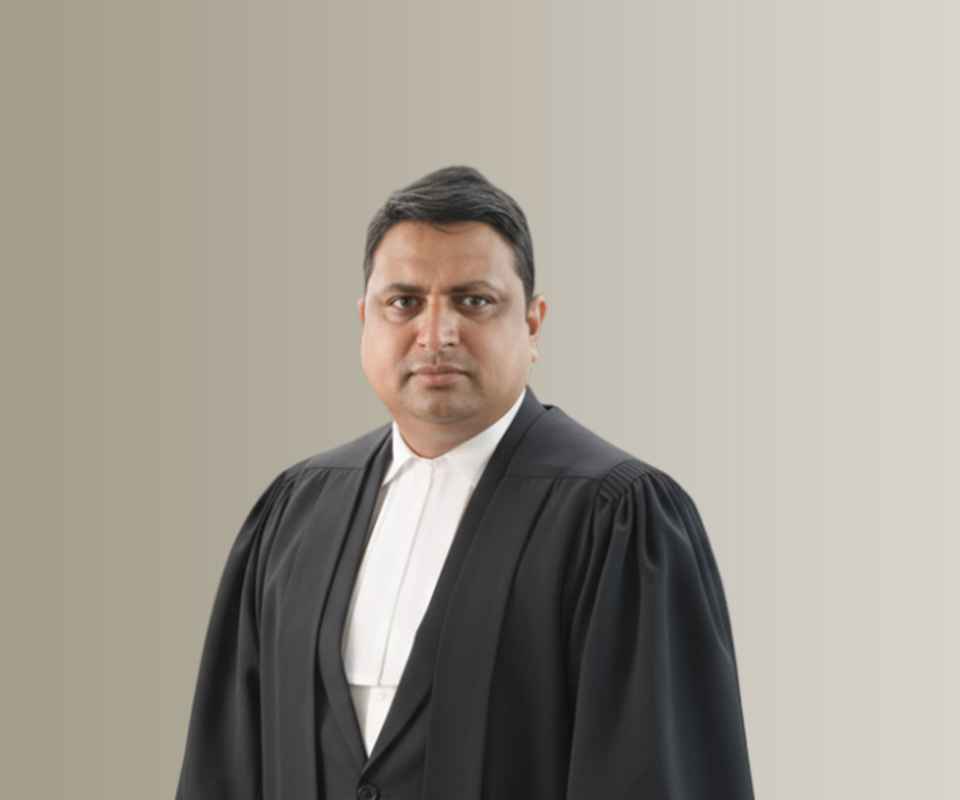Answer By law4u team
Abuse, neglect, or mistreatment in old-age homes is a serious issue that can severely impact the well-being and dignity of senior citizens. In India, there are several legal mechanisms in place to protect the rights of elderly people, including those residing in old-age homes. If an elderly person faces abuse or neglect in such institutions, they or their families have access to various legal recourses to ensure justice and protection. The Maintenance and Welfare of Parents and Senior Citizens Act, 2007, alongside provisions under criminal law and human rights protections, offers multiple avenues for addressing these issues.
Legal Recourse for Abuse in Old-Age Homes
Filing Complaints with the Old-Age Home Authorities:
The first step for any resident of an old-age home who faces abuse or neglect is to report the issue to the management or administration of the institution. Most old-age homes are required to have a Welfare Committee or an Internal Grievance Redressal Mechanism that handles complaints regarding the treatment of residents.
If the abuse is not resolved internally, or if the authorities are not responsive, senior citizens or their families can escalate the matter to external agencies.
Approaching the National Human Rights Commission (NHRC):
Senior citizens can file complaints with the National Human Rights Commission (NHRC) if their human rights are violated within the old-age home. The NHRC works to protect the rights of individuals and can intervene in cases of abuse, neglect, and exploitation.
The NHRC can take suo motu (on its own accord) action, or senior citizens can directly file a complaint about the violation of their dignity, health, and safety in old-age homes. The NHRC may investigate, issue orders, and even take legal action against the perpetrators.
Filing Complaints with Local Police:
If there is physical abuse or any other criminal behavior such as sexual harassment, theft, or financial exploitation, the senior citizen or their family can file a complaint with the local police. Abuse, neglect, and exploitation are criminal offenses under Indian law, and the police are obligated to investigate the matter.
FIR (First Information Report): A formal police complaint (FIR) should be filed, and police investigations should take place. If the matter involves serious criminal activities, such as physical assault or sexual abuse, the police can arrest the offenders and take legal action.
Approaching the State Welfare Department:
Under the Maintenance and Welfare of Parents and Senior Citizens Act, 2007, the State Welfare Department is responsible for ensuring the welfare of senior citizens. Families can contact the department to report abuse in old-age homes, and it has the authority to take corrective actions, including closing down a facility or issuing warnings.
The state government can appoint District Social Welfare Officers who can investigate complaints and monitor old-age homes for compliance with legal standards.
Filing a Case Under the Maintenance and Welfare of Parents and Senior Citizens Act, 2007:
This Act was enacted specifically to ensure the well-being of senior citizens, especially those living in old-age homes. It provides the legal framework for the maintenance and care of parents and senior citizens.
Senior citizens or their family members can file a case in the Tribunal established under the Act if there is negligence or denial of care in old-age homes. This Tribunal has the authority to impose penalties on the management of the institution, including the closure of the facility or prosecution of the responsible parties.
The Act also mandates that old-age homes should provide basic living conditions, medical care, and protection against abuse.
Legal Protection Against Financial Exploitation:
If the elderly resident is being financially exploited (e.g., embezzlement, unauthorized withdrawals, or fraud), the legal heirs or the victim can take legal action under the Indian Penal Code (IPC) provisions related to fraud, cheating, and theft.
Financial abuse is a serious offense and can be addressed through both criminal law and civil action, such as filing a case for the recovery of misappropriated funds.
Seeking Intervention from NGOs:
Several non-governmental organizations (NGOs) in India work for the welfare of senior citizens, particularly in addressing issues like abuse and neglect in old-age homes. Organizations like HelpAge India and others can provide legal and psychological support, guidance on filing complaints, and in some cases, even legal representation.
Public Interest Litigation (PIL):
In cases where a larger public issue exists (e.g., abuse in multiple old-age homes or systemic neglect of senior citizens), a Public Interest Litigation (PIL) can be filed in the High Court or the Supreme Court. A PIL allows individuals or groups to approach the courts on behalf of a group or community, aiming to secure justice and enforcement of rights for senior citizens.
Preventive Measures Under the Senior Citizens Welfare Board:
Many states in India have established Senior Citizens Welfare Boards to monitor the conditions of old-age homes and ensure that they comply with legal standards. These Boards help address grievances and can take action against old-age homes that are found violating the rights of their residents.
Civil Suits for Damages:
If a senior citizen is harmed (physically or emotionally) due to abuse or neglect in an old-age home, they or their family can file a civil suit seeking compensation for damages. This may include medical expenses, emotional distress, and other losses caused by the mistreatment.
What Constitutes Abuse in Old-Age Homes?
Physical Abuse:
Includes any form of violence, such as hitting, slapping, or inflicting injury on the resident.
Emotional or Psychological Abuse:
Verbal insults, threats, intimidation, or coercion to cause emotional harm.
Neglect:
Failing to provide adequate care, food, water, and medical attention.
Sexual Abuse:
Any form of sexual assault, harassment, or inappropriate conduct.
Financial Exploitation:
Unauthorized access or misuse of the elderly resident's finances, assets, or pension.
Verbal Harassment:
Use of abusive language or bullying that leads to emotional distress.
Example:
Scenario 1: Physical Abuse
Mr. Joshi, a resident in an old-age home, reported being physically assaulted by a staff member. His family filed a complaint with the local police, and the staff member was arrested for assault under the Indian Penal Code (IPC). Mr. Joshi was provided with medical care, and the institution was fined for not taking action to prevent abuse.
Scenario 2: Neglect
Mrs. Sharma, an elderly woman in an old-age home, faced neglect where her basic needs were not met, and she was not provided adequate medical care. Her son filed a complaint with the State Welfare Department, and the institution was found to be violating the Maintenance and Welfare of Parents and Senior Citizens Act, 2007. The management was directed to improve care or face closure.
Scenario 3: Financial Exploitation
Mr. Gupta’s pension was being fraudulently withdrawn by a staff member without his consent. After discovering the fraud, his family filed a FIR with the police. The staff member was charged under the IPC for financial fraud, and Mr. Gupta’s finances were restored.
Conclusion:
Abuse or neglect in old-age homes is a serious violation of the rights of senior citizens. Legal recourse is available under various laws such as the Maintenance and Welfare of Parents and Senior Citizens Act, 2007, criminal law (for abuse or exploitation), and human rights protections through organizations like the NHRC. Senior citizens or their families can file complaints with old-age home authorities, local police, welfare departments, and even take the matter to court to seek justice, compensation, and ensure that the perpetrators are held accountable.







